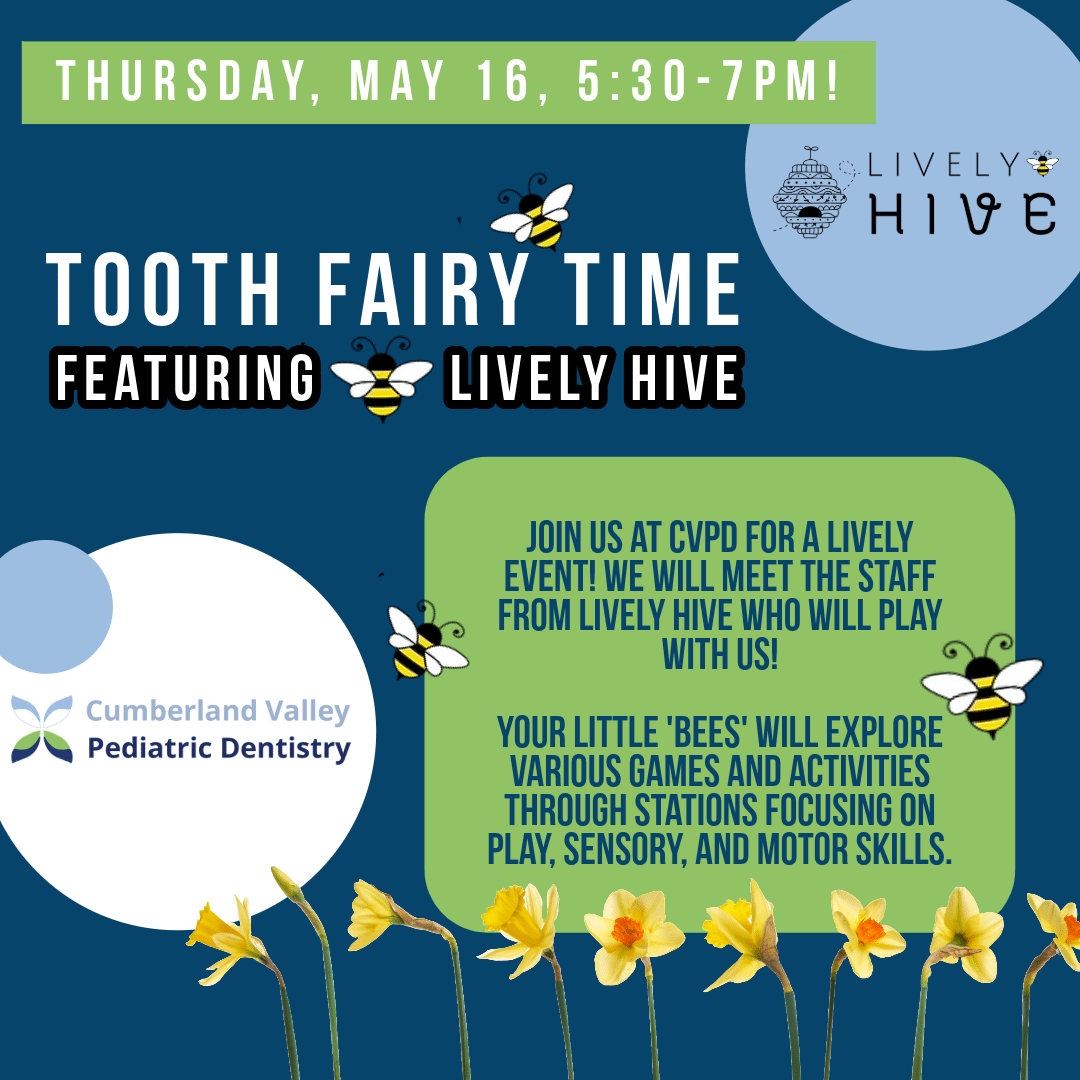When Will My Child Get Teeth And How Do I Take Care Of Them?
It’s a wonder to watch your children grow and develop, at times faster than you would like them to. Before you know it, that gummy smile begins to fill with tiny teeth and you might wonder what the best ways are to make sure those new teeth are taken care of. Those teeth that are now protruding and causing your baby to cry actually began to form in the womb. These teeth are known as primary teeth, more commonly known as baby teeth. For the most part, the baby teeth will all usually erupt by age two and half though the pace in which these show up can vary. Primary teeth begin to be replaced by permanent teeth around age six and this process continues until about age 13.
The Early Years
There are a few things you’ll want to look out for while your little one is still a baby. First and foremost you’ll want to work to avoid baby bottle tooth decay. This usually occurs when a child’s teeth are frequently exposed to surgery liquids for an extended period of time. This usually happens during extended nursing, breastmilk included, as well as from formula or juice. One of the best ways to avoid this is to never use a feeding bottle as a pacifier. You can also try to avoid giving your child a bottle when they go to bed. If your little one is particularly fussy or has gotten used to having a bottle during sleep, you can try putting water in the bottle instead.
Another problem you’ll need to contend with when it comes to their oral hygiene is thumb sucking. The more scientific term for this sort of behavior is known as “non-nutritive sucking.” This behavior includes sucking the thumb or another finger as well as the use of pacifiers. Sucking on a thumb, finger, or pacifier is normal for infants and young children; most children stop on their own. If a child does not stop by themselves, the habit should be discouraged after age three. Sometimes you may also notice white spots on their teeth. It’s important to keep up daily tooth brushing and schedule a dental appointment if you notice these.
Considerations for Toddlers
As your child grows, some unique challenges also begin to appear. They’ll become much more aware of their surroundings and many children may have a hard time adjusting to dental visits. One of the best ways to make your child feel comfortable is to have them visit a pediatric dentist. Pediatric dentists have special training with regards to the oral health of children, but also take time to study child psychology. They have the tools needed to connect with your child and hopefully put them at ease. You can also help your child become familiar with the dentist by bringing them in as soon as their first tooth appears.
Making oral hygiene a regular routine is not only another way to make your child more comfortable during visits, but it can also protect their oral health. One of the ways to do this is to involve the whole family and to be a role model for what good oral hygiene looks like. This can be as simple as brushing together at the same time each day to create that lasting habit.
Considerations for Grade-Schoolers
As your child progresses through grade school, they’ll slowly begin to gain all of their permanent teeth. It’s at this time that new challenges begin to arise. Sugar can play a detrimental role in this process. Sweets are enticing but can contribute directly to tooth decay. If your child enjoys sweets, try offering healthier and less sugary alternatives like vegetables, yogurt, or cheese. As with any unhealthy food, it’s important to not cut it out entirely but rather ensure that they aren’t eating sweets more than they should. Whenever they do, it’s a good idea to have them brush their teeth after eating to prevent tooth decay.
If your child is active in team sports, this can pose risks to their newly forming teeth. It’s crucial that if your child is playing sports that they wear a mouthguard to avoid any damage to their teeth.
Conclusion
Your child’s mouth will go through a host of changes, from that cute, gummy smile when they’re a baby to having a full set of choppers to bite at you with. At each stage of development, there are unique challenges you’ll need to address. Not all of it is obvious and it’s good to have resources to lean on. If you have questions and need them answered or simply need to bring your child in for a visit, contact us and we’ll help to set you on the path of good oral health for your child.
- May 4, 2021
- Children's Dentistry


